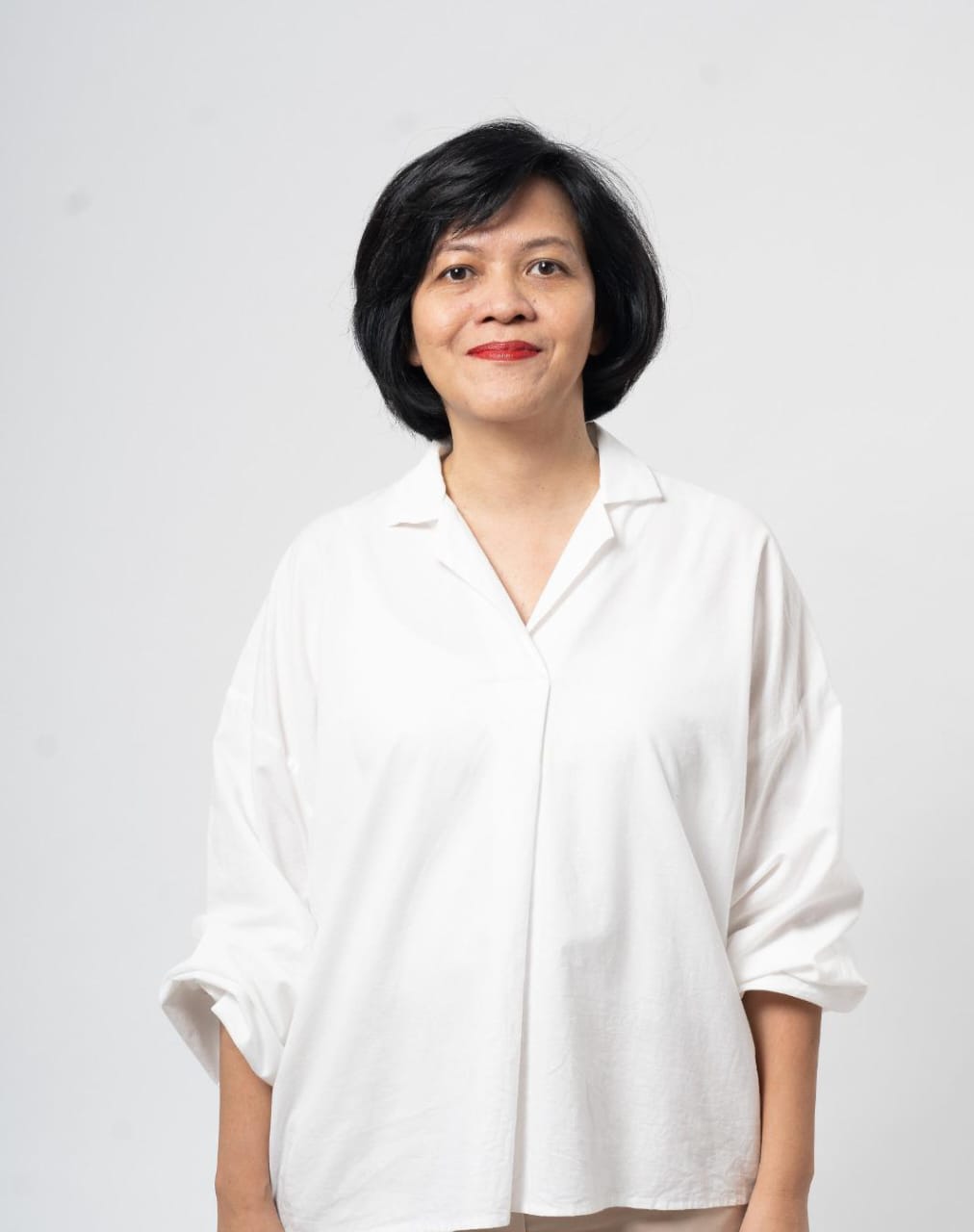Five Universitas Indonesia (UI) students from the Department of Civil and Environmental Engineering (DTSL) Faculty of Engineering (FT) succeeded in designing the UNGRAVITY (Upgrade Integrated Vertical City) project. UNGRAVITY is a vertical city concept designed by considering various aspects of sustainability, including energy independence, food, sanitation and optimizing mobilization in every part of the city. The vertical city design was created to handle the potential for urbanization that could occur after the relocation and development of the National Capital City (IKN) of the Archipelago.
The UNGRAVITY project was designed by Dicky Prasetyo, Priscilla Tiffany, Nathaniel Januardo, Fayza Ardani, and Yedija Agrisa, under the guidance of FTUI lecturer, Dr. Nyoman Suwartha, S.T., M.T., M.Agr. This project won funding for the Futuristic Ideas category in the Student Creativity Program as part of the 36th National Student Science Week held by the Indonesian Ministry of Education, Culture, Research and Technology, in August 2023.

The UNGRAVITY concept is an area designed to prevent city expansion and maximize the use of green land. According to Dicky, with this concept, IKN will have green open space covering 70% of the total area of the city. “This green open space will function as a public space, support for mental health, and support for resident interaction. “The vertical city concept will have a positive impact on the environment by creating more green open space to preserve agricultural land and reduce global warming,” said Dicky.
Meanwhile, Dr. Nyoman said that the vertical city concept has several advantages. First, this concept involves energy independence in the layout of vertical city residential areas by adopting the Cerda Plan principle to prevent urban sprawl. Second, this project optimizes food production using autonomous vertical farming techniques which are managed automatically with the Internet of Things (IoT).
In addition, efficient sanitation management in this project is realized through renewable water treatment technology to recycle water. The Transit Oriented Development (TOD) system in vertical cities is also integrated to support and streamline mobility within the city for its residents.
Regarding the various advantages of the UNGRAVITY concept, the Dean of FTUI, Prof. Dr. Heri Hermansyah, S.T., M.Eng., IPU, expressed his appreciation to the students and lecturers involved in the research. He said, “UNGRAVITY city design is an innovative futuristic idea. It creates a plan for a sustainable city capable of addressing the challenges of future urbanization. The hope is that this vertical city concept will prepare the National Capital City of the Archipelago to face the potential for future urbanization.”



